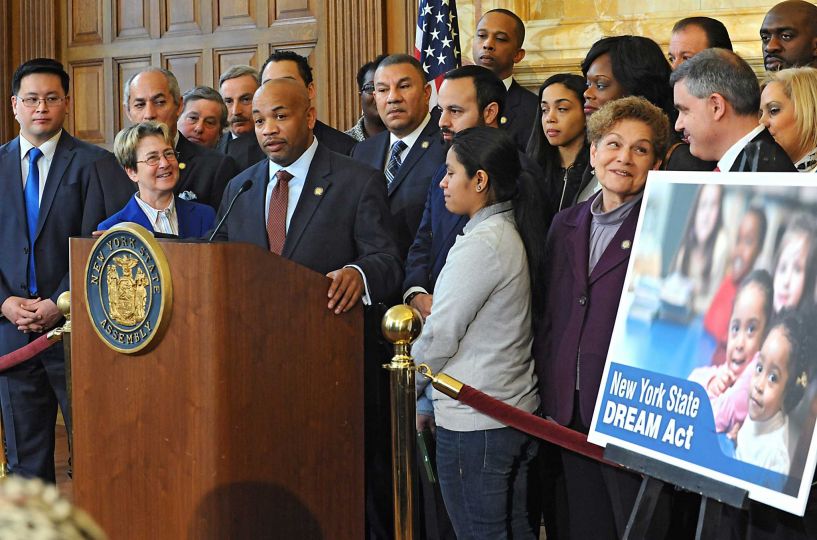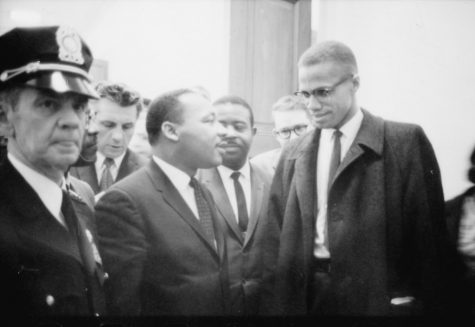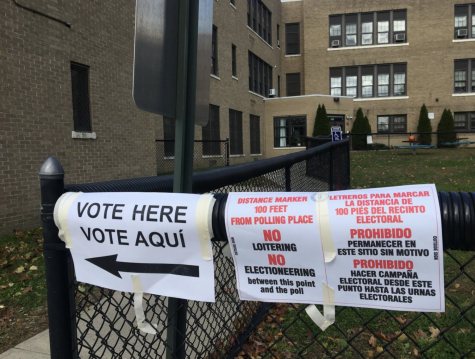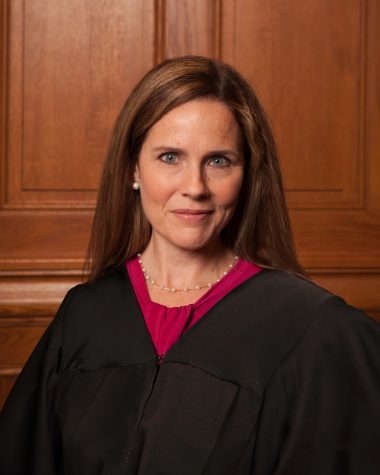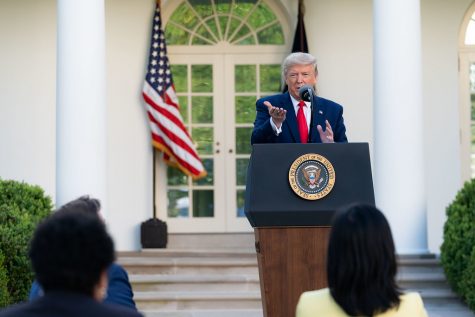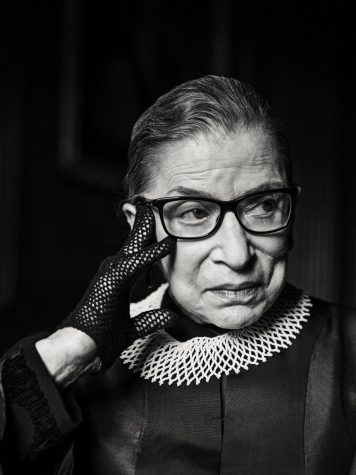Carl Heastie Becomes First African American Assembly Speaker in NY
February 28, 2015
History had been made earlier this month when Assemblyman Carl E. Heastie of the Bronx secured the speakership of the New York State Assembly. Mr. Heastie is the first African American speaker of the chamber and is successor to long time speaker Sheldon Silver, who stepped down in the aftermath of federal fraud and extortion charges.
Mr. Silver’s resignation took effect at 11:59pm on February 2nd, and a vote was taken the next morning to determine the next-in-line speaker. Heastie launched a ferocious campaign and quickly obtained the 76 votes needed to win majority in the assembly.
In his first few moments as speaker, Heastie delivered an ambitious speech outlining his liberal agenda, in which he mentioned raising the minimum wage, improving education, promoting women’s equality and reforming the criminal justice system among other things. He also emphasized his goal to reform the Assembly in the wake of the scandal surrounding Sheldon Silver. As Mr. Heastie said, “We do not own this house. We are simply tenants here.”
Carl Heastie, a reserved (not politically) moderate, is the first Assembly speaker from the Bronx since its establishment as a county in 1914. Since 2000, he has been an assemblyman and took over the Bronx Democratic Organization in 2008. His overwhelming support in the election for speaker came with some surprise as reports regarding his campaign spending surfaced in the days prior to the vote.
In the coming months, Heastie is focusing on the accessibility of higher education and is a large backer of the DREAM Act, which would provide financial aid to students illegally in the country. Concurrently, he is pushing for a more transparent and integrity driven assembly. “The need for reform in Albany did not begin in the last few weeks: For years now there’s been a call for bringing sunlight to the Capitol,” Mr. Heastie said. “And the time is here for us to act.”



